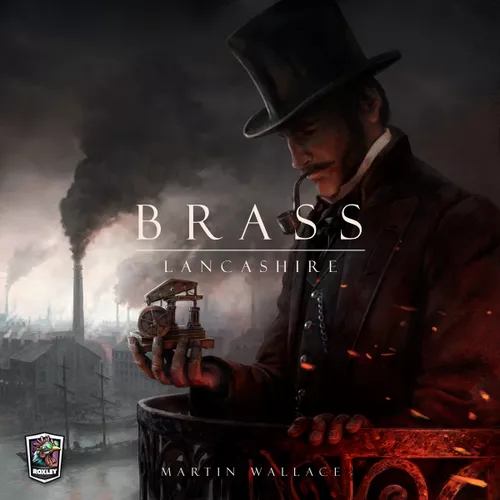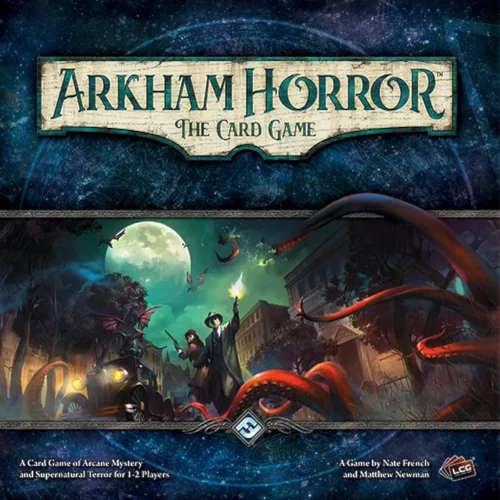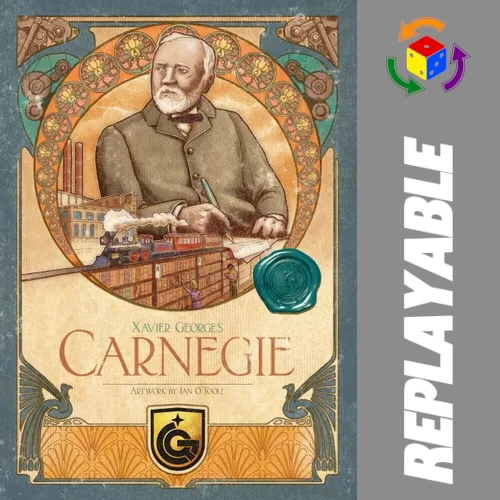Brass: Lancashire is set during the Industrial Revolution in 18th century England. Designed by Martin Wallace, it combines economic, logistic, and resource management elements.
At its core, Brass: Lancashire is about building and expanding your industrial empire. Players take on the roles of entrepreneurs, developing coal mines, ironworks, and cotton mills. They must navigate a complex network of canals and railways to transport goods and resources efficiently.
To succeed, you’ll need a careful balance of strategy and timing. The game’s two distinct phases – the Canal Era and the Rail Era – offer unique challenges and opportunities.
During the Canal Era, you lay the groundwork for future success by constructing industries and developing trade connections. Transitioning into the Rail Era unlocks new possibilities as railroads enhance your logistical capabilities.
Resource management is vital in Brass: Lancashire, as you need to generate income, manage debts, and adapt to changing market demands. The game’s spatial element adds another layer of depth, requiring thoughtful placement of industries and connections to maximize your efficiency.
The game rewards those who can anticipate their opponents’ moves and adapt their strategy accordingly. Brass: Lancashire is renowned for its depth and complexity, making it a favorite among board gamers who enjoy intricate economic simulations. It offers a challenging and immersive experience that continues to captivate players with its historical richness and strategic depth.
In this episode Todd, David, and Paul tried to limit our discussion to Lancashire, but Birmingham kept creeping in during the rail phase. Give us a listen!





